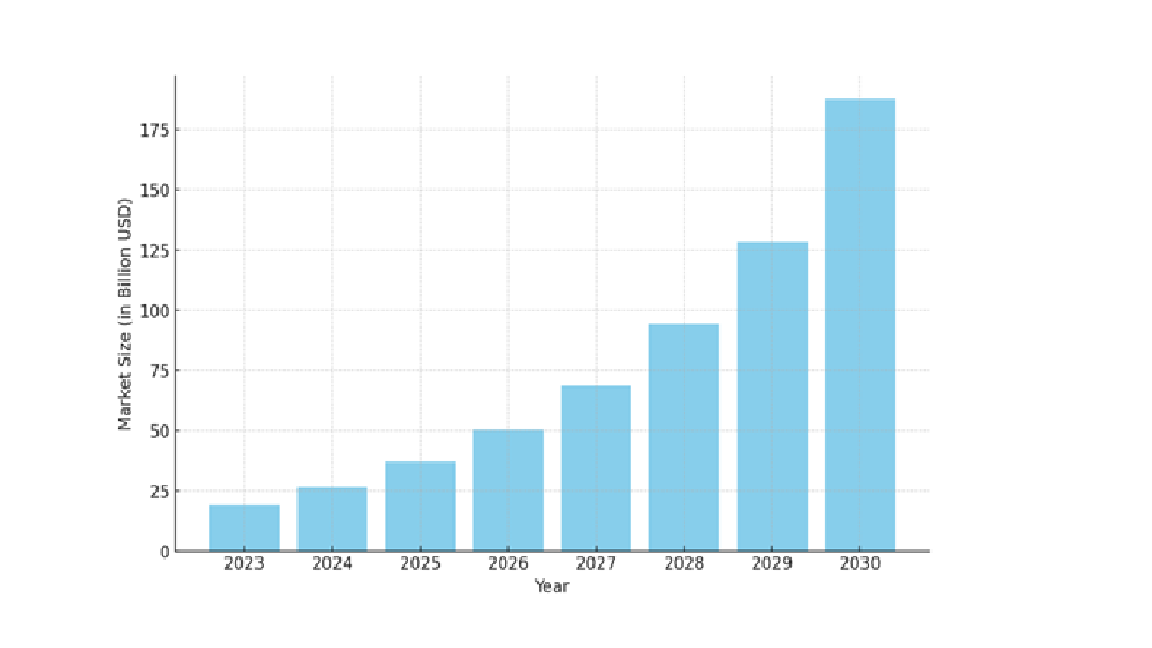Deep Learning for Medical Diagnosis and Prognosis
Main Article Content
Abstract
The integration of deep learning (DL) techniques in medical diagnosis and prognosis has shown remarkable potential in transforming healthcare practices, offering enhanced accuracy and efficiency in decision-making. Deep learning models, particularly convolutional neural networks (CNNs), recurrent neural networks (RNNs), and transformer-based architectures, have achieved state-of-the-art results in the analysis of medical imaging, electronic health records (EHR), genomics, and other patient data. This paper provides an overview of recent advancements in deep learning methods applied to medical diagnosis and prognosis, highlighting their ability to predict disease progression, identify abnormalities, and suggest treatment plans. We discuss key challenges such as the need for large annotated datasets, interpretability of model outputs, and the regulatory hurdles in clinical settings. Moreover, we examine the potential impact of these technologies on personalized medicine and the future of automated healthcare systems. The paper also outlines the current limitations of deep learning in medical applications and the areas where further research and development are crucial for improving their reliability and generalizability.
